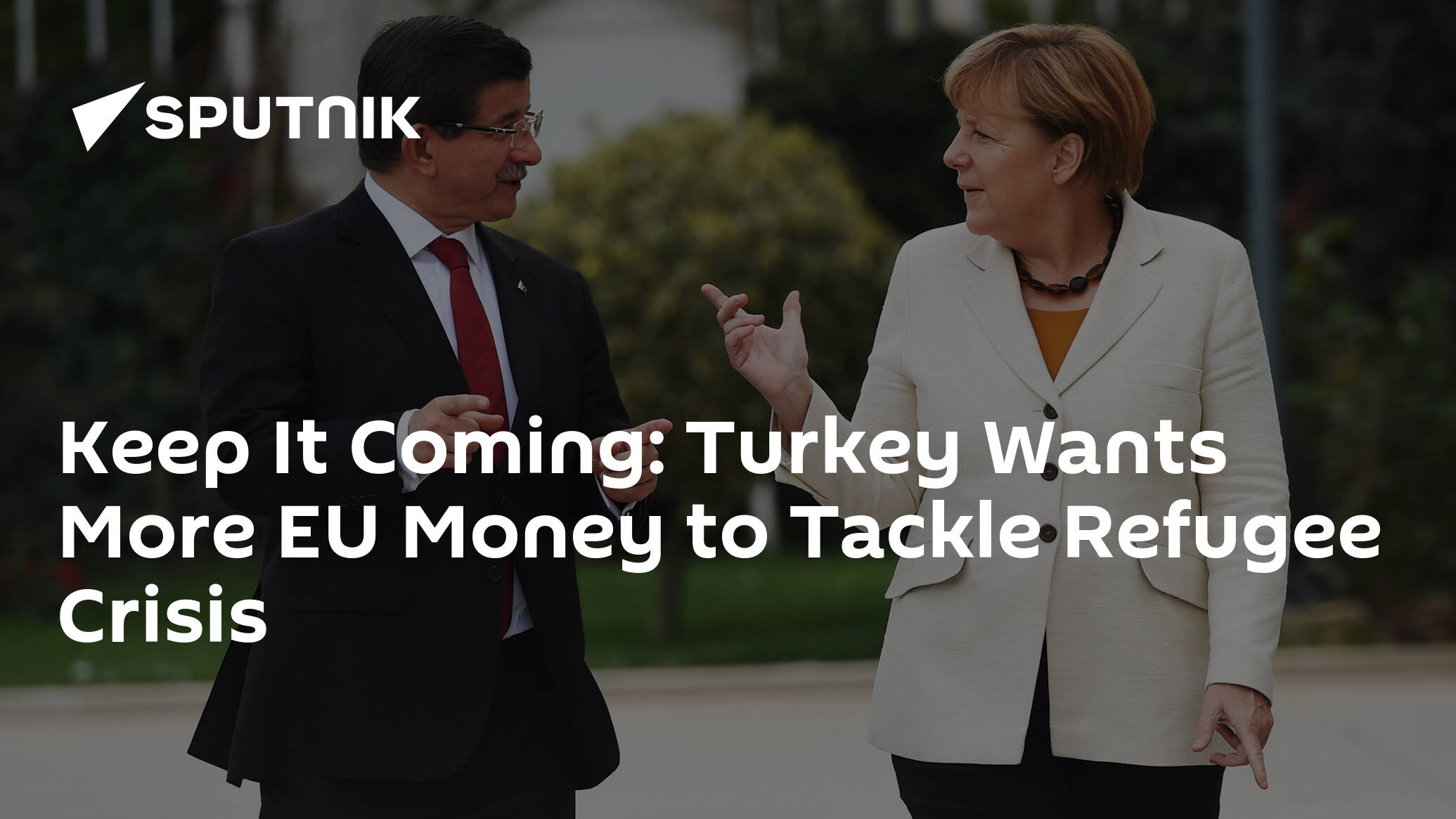Re: Regional geopolitics
US denies building airbase in Kurdish-held Syria
Written by Chris Tomson
22/01/2016
For months, reports have indicated that American engineers have been building an airbase in Syria’s Hasakah province in a region largely controlled by the Kurdish People’s Protection Units (YPG). However, earlier today, an official of the U.S. Department of State denied that American forces had taken control of any airfield in Syria.
Nevertheless, recent satellite imagery shows that the Rimelan Airbase in northeastern Syria has been greatly expanded over the past months. Since Kurdish militias in Syria do not control an active air force of their own – many analysts have come to the conclusion that only the U.S. Air Force could utilize such an air field. Furthermore, two days ago, a Syrian Democratic Forces (YPG affiliate) spokesman, Taj Kordsh, said thatthe US had taken control of the Rimelan Airbase.
Meanwhile, military jets from the US-led anti-ISIS coalition have strongly aided Kurdish militias to advance in both Hasakah and along the Europhrates River in eastern Aleppo. However, thus far, due to Turkish animosity towards the YPG and PKK, the US Air Force has been forced to use Iraqi and Gulf airports to launch airstrikes on ISIS militants.
US denies building airbase in Kurdish-held Syria
Written by Chris Tomson
22/01/2016
For months, reports have indicated that American engineers have been building an airbase in Syria’s Hasakah province in a region largely controlled by the Kurdish People’s Protection Units (YPG). However, earlier today, an official of the U.S. Department of State denied that American forces had taken control of any airfield in Syria.
Nevertheless, recent satellite imagery shows that the Rimelan Airbase in northeastern Syria has been greatly expanded over the past months. Since Kurdish militias in Syria do not control an active air force of their own – many analysts have come to the conclusion that only the U.S. Air Force could utilize such an air field. Furthermore, two days ago, a Syrian Democratic Forces (YPG affiliate) spokesman, Taj Kordsh, said thatthe US had taken control of the Rimelan Airbase.
Meanwhile, military jets from the US-led anti-ISIS coalition have strongly aided Kurdish militias to advance in both Hasakah and along the Europhrates River in eastern Aleppo. However, thus far, due to Turkish animosity towards the YPG and PKK, the US Air Force has been forced to use Iraqi and Gulf airports to launch airstrikes on ISIS militants.






Comment